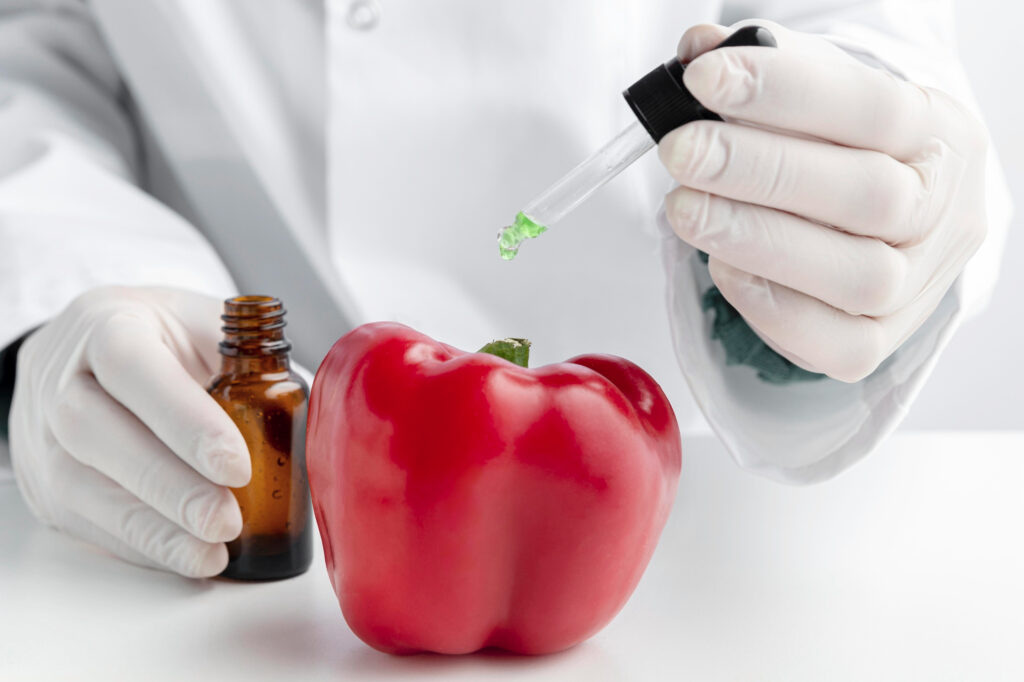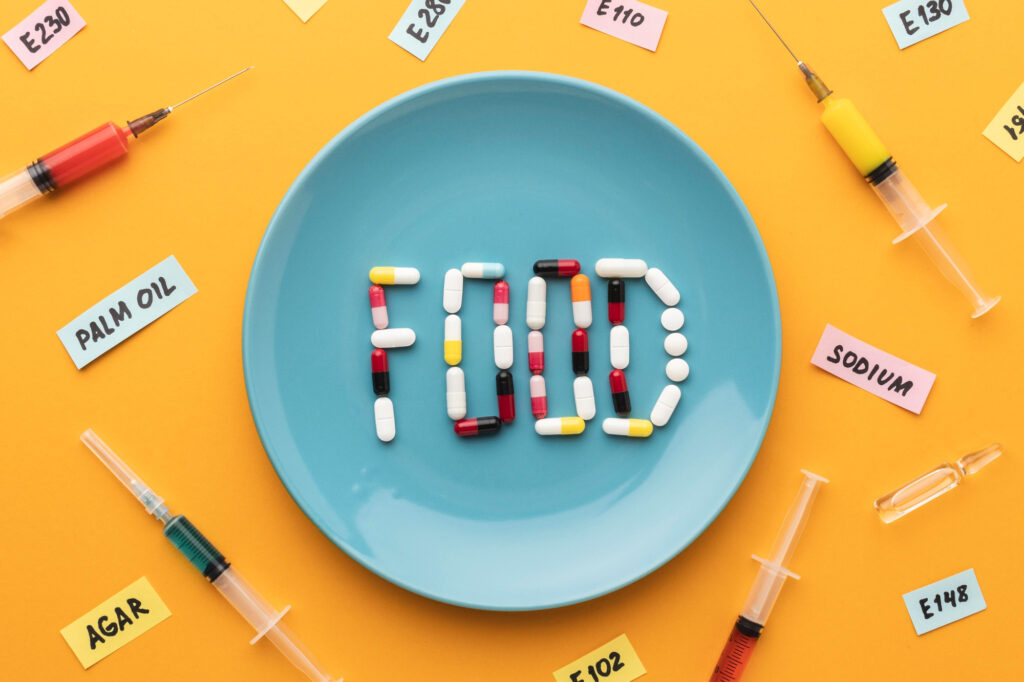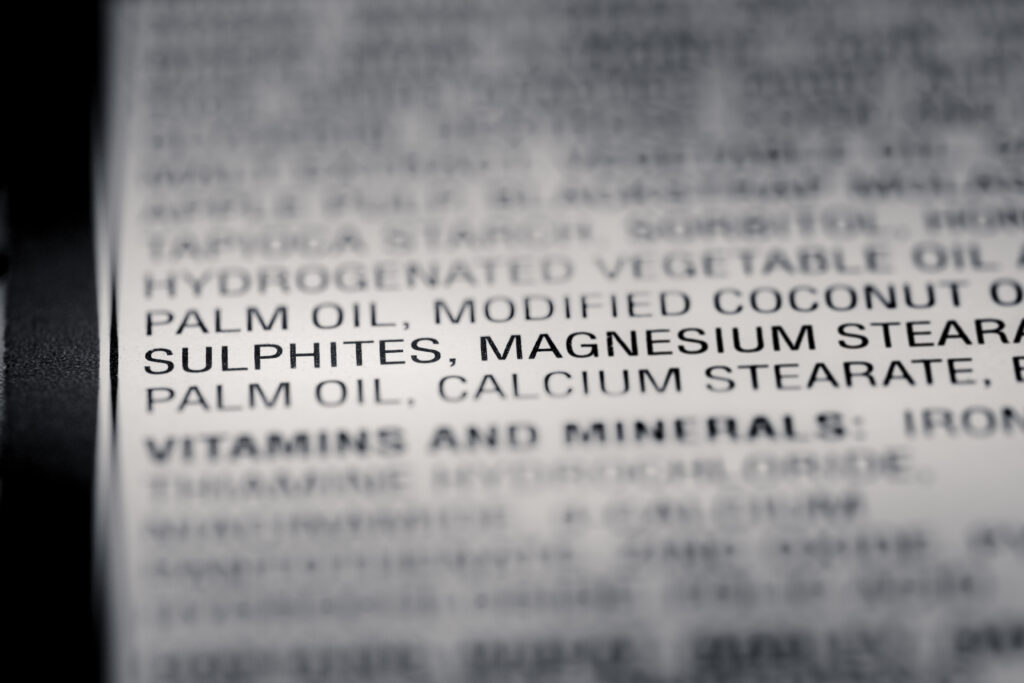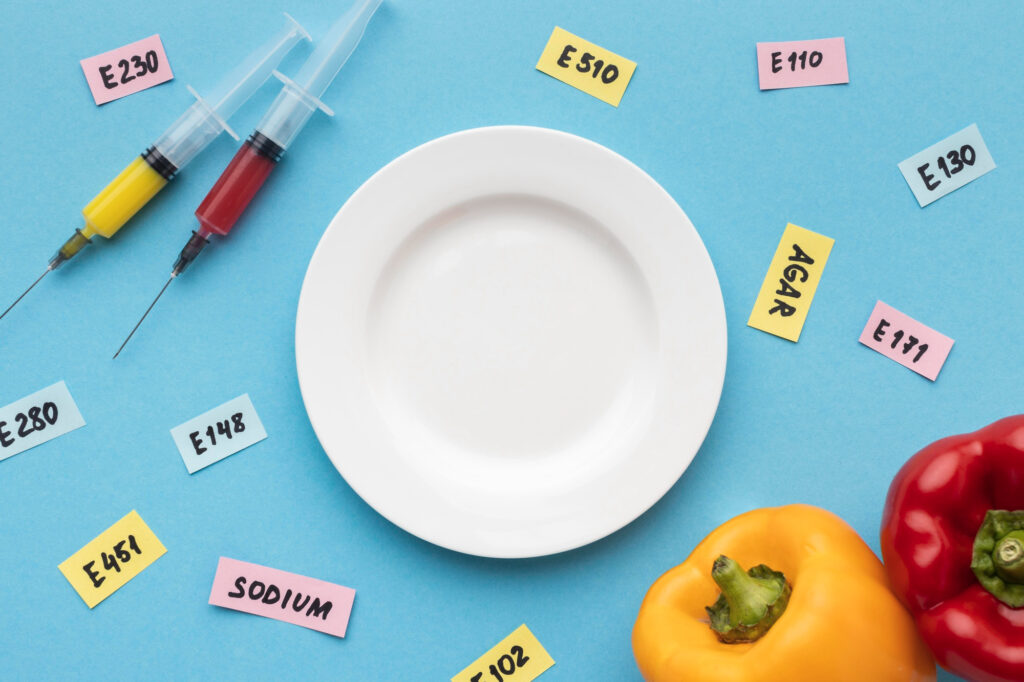Food additives are substances that are added to food to enhance its flavor, texture, or appearance. Preservatives, on the other hand, are added to food to prevent spoilage and extend its shelf life. However, food additives and preservatives can have an impact on our health. It is important to understand the different types and their effects on the body.

Food Additives and its types
- Artificial sweeteners: People add these sugar substitutes to food and drinks to give a sweet taste without adding the calories of sugar. Examples include aspartame, saccharin, and sucralose.
- Artificial colors: Enhance appearance and make food more appealing by adding these substances. Examples include Red No. 40, Yellow No. 5, and Blue No. 1.
- Flavor enhancers: Flavor enhancers add improve the taste and aroma to food. Monosodium glutamate (MSG) is a common example.
- Emulsifiers: Food manufacturers add emulsifiers to food to help ingredients in mixing together and maintaining it. Examples include lecithin and mono- and diglycerides.
- Thickeners and stabilizers: These are added to food to improve its texture and consistency. Examples include xanthan gum and carrageenan.

Preservatives and its type
- Antioxidants: Used to prevent oxidation and spoilage. Examples include vitamin C and E.
- Benzoates: These are added to food to prevent the growth of bacteria and mold. Examples include sodium benzoate and potassium benzoate.
- Sorbates: Used in food to prevent the growth of mold and yeast. Examples include potassium sorbate and calcium sorbate.
- Nitrites: Used in meat products to prevent the growth of bacteria and enhance the color and flavor.
- Sulphites: Used in food to prevent the growth of bacteria and mold and preserve the color of fruits and vegetables. Examples include sodium sulphite and potassium metabisulphite.

Effects on Health
Some food additives and preservatives can have negative effects on health when consumed in large amounts.
Food additives and preservatives have been the subject of much research and debate in recent years, with many studies suggesting that they can have negative effects on health. Here are some of the specific effects that have been observed in research studies:
- Artificial sweeteners: Some studies have suggested that consuming artificial sweeteners such as aspartame and saccharin may increase the risk of certain cancers, including brain tumors and lymphomas. Other studies have also linked artificial sweeteners to weight gain, metabolic disorders, and an increased risk of diabetes
- Artificial colors: Some studies have linked the consumption of artificial colors, such as Red No. 40 and Yellow No. 5, to hyperactivity in children. Other studies have also suggested that these colors may increase the risk of certain cancers, including leukemia.
- Flavor enhancers: Monosodium glutamate (MSG), a common flavor enhancer linked to health issues like headaches and allergic reactions.
Effect of Preservatives on Health.
- Sulphites: Some studies suggest that sulphites, commonly used to preserve the color of fruits and vegetables, may trigger allergic reactions in some individuals, including asthma attacks and hives.
- Sodium Nitrate and Nitrite: Use of sodium nitrate and nitrite as preservatives and color fixatives in processed meats such as bacon, ham, hot dogs, and deli meats. Research has shown that consuming these additives can increase the risk of developing certain types of cancer, specifically colorectal and stomach cancer.
- Trans Fats: Improves texture and extend shelf life in processed foods, also known as partially hydrogenated oils. Research has shown that consuming trans fats can increase the risk of heart disease. The American Heart Association (AHA) states that consuming trans fats increases the risk of heart disease by raising bad cholesterol levels and lowering good cholesterol levels.
- BHA and BHT: Used as preservatives in processed foods such as cereal, crackers, and baked goods. Research has suggested that these additives may increase the risk of cancer, specifically lung and liver cancer. The Journal of the National Cancer Institute published a study in 1981 that found a connection between high intake of BHA and BHT and an increased risk of lung cancer.
- Propylene glycol: Used a humectant, emulsifier, and preservative in processed foods such as ice cream, frosting, and soft drinks. Research has suggested that propylene glycol may cause allergic reactions and other health problems. A study published in the Journal of Allergy and Clinical Immunology in 1998 found that propylene glycol was the most common cause of contact dermatitis in food handlers.

Conclusion
Note that many studies on food additives and preservatives have limitations and require further research to fully understand their long-term effects on health. Despite these limitations, excessive consumption of these substances can harm health, so it’s crucial to be mindful of their use. To minimize exposure, read the ingredients lists of food products, opt for fresh and whole foods instead of processed options, and consider consulting a nutritionist or healthcare professional for personalized advice.




